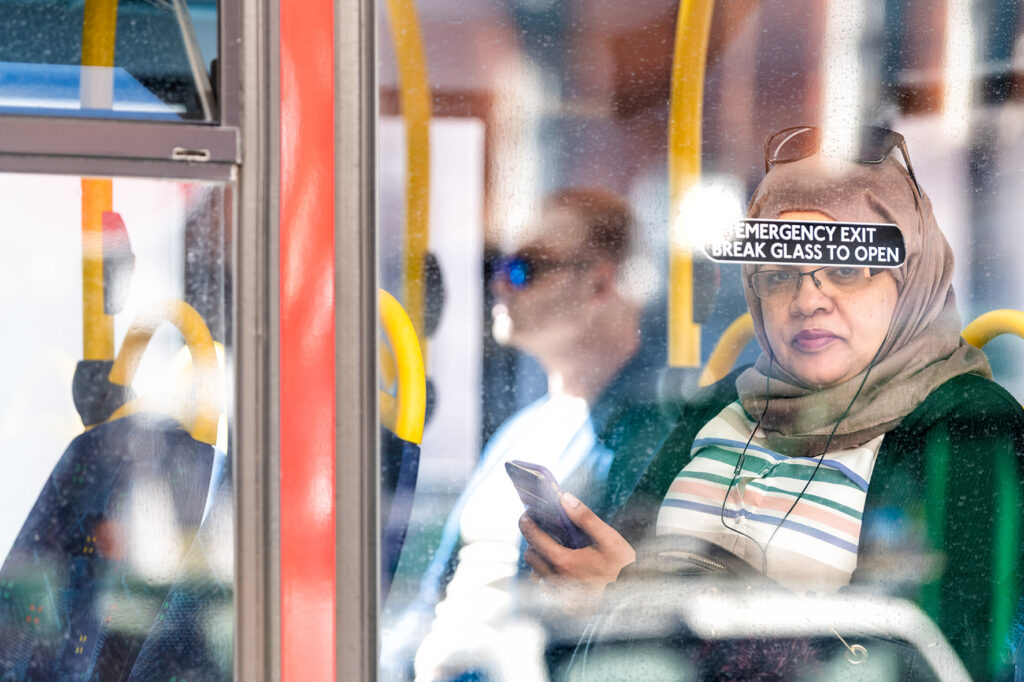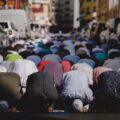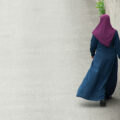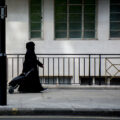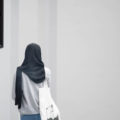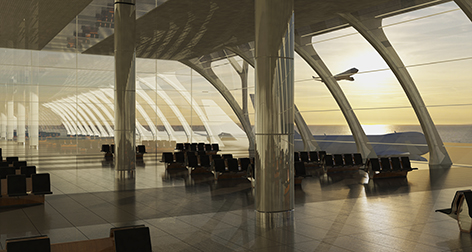Islamophobia and the misrepresentation of Muslims in Britain
Islamophobia and the misrepresentation of Muslims in Britain
British Muslim activists are increasingly highlighting how the misrepresentation of Muslims in Britain is fueling Islamophobia in the country. What is also becoming soberingly clear, however, is how systemic, and therefore difficult to overcome, the misrepresentation of Muslims is.
The tests of representation
When the British Muslim actor, musician, and activist Riz Ahmed debuted the short film, ‘The Long Goodbye’, it struck a nerve. The film, which showed a British Muslim family dragged from their home by armed white men and executed, was seen as a call-to-action against Islamophobia and even drew comparisons to Martin Niemöller’s poem on antisemitism under the Nazis, ‘First They Came’.[1] Ahmed held that the misrepresentation of Muslims fuels Islamophobia: “I think lives are quite literally at stake here,” he said. “The representation of Muslims on screen — that feeds the policies that get enacted, the people that get killed, the countries that get invaded.”[2] His activism against Islamophobia and misrepresentation of Muslims led two other British Muslim activists, Sadia Habib and Shaf Choudry, to kickstart the ‘Riz Test’. Inspired by Ahmed’s activism and by the Bechdel test on how women are represented in the media, this test is an attempt “to measure the portrayal of Muslims in film and TV.”[3] Are they represented as misogynistic men, oppressed women, terrorists, irrationally angry, culturally backward, or a threat to a Western way of life? If the answer to any of these is ‘yes,’ then the film or TV series being measured fails the test.
Failing the test
If the Riz Test were applied to representations of British Muslims across political rhetoric, news stories, and entertainment, the results would be disheartening. Before he became the British Prime Minister, the conservative leader Boris Johnson wrote in 2005 that it is “natural” for the public to be scared of Islam, declared in the wake of the 7 July 2005 London bombings that “Islam is the problem,” and compared in 2018 Muslim women who wear the burqa to “letterboxes” and “bank robber(s).”[4] Responding to such political rhetoric, former conservative co-chair Baroness Warsi declared that Islamophobia went “right from the grassroots, all the way up to the top of her party.”[5] After he became Prime Minister, Johnson dropped his pledge to hold an inquiry into this problem within his party.[6] The Telegraph, which published much of Johnson’s rhetoric about British Muslims, announced on 26 June 2020: “Exclusive: Half of UK’s imported COVID-19 infections are from Pakistan.”[7] Even though this was false news, with arriving Pakistanis accounting for a minuscule proportion of all ‘imported’ COVID-19 infections in the England, it spread to the pages of Sun and MailOnline, and the far-right anti-Muslim propaganda in the country.[8]
Measurements of misrepresentation
Dr Nour Halabi, Lecturer in Media and Communication at Leeds University, says this misrepresentation of Muslims emphasises “their position as what I call a ‘permanent and impossible enemy’.”[9] Halabi raises the example of the 2018 TV thriller ‘The Bodyguard’. The TV series initially depicts a Muslim woman, Nadia, as a victim of a male terrorists, only to finally reveal that she is in fact the terrorist mastermind. The show won a Bafta, was nominated for two Emmys, and received admiration from the Independent, which declared: “Bodyguard’s Nadia shows the danger of underestimating female jihadis.”[10] The UK’s Measuring Anti-Muslim Attacks (MAMA)’s 2019 report identified 2,963 anti-Muslim hate incidents in 2018, and attributed spikes within these attacks to specific incidents of misrepresentation, including Boris Johnson’s reference to Muslim women as “letterboxes” and “bank-robber(s).”[11] Riz Ahmed argues this reveals just how “systemic” Islamophobia and the misrepresentation fuelling it are. He tells of his own experience as a British Muslim to support this claim. Despite a fifteen-year career that includes starring roles in ‘Rogue One: A Star Wars Story’ and HBO’s ‘The Night Of’, and the critical acclaim of an Emmy, he still gets searched at airports around the world, and at times, even swabbed for explosives. “Some of these obstacles are systemic, and we can’t really face them alone… It’s really scary to be a Muslim right now,” says Ahmed. “Super scary.”[12]
Would you like to learn more about similar topics? Go to www.earsdashboard.com and read more.
[1] Why Riz Ahmed’s short film on Islamophobia is a call to action
[2] ‘Lives Are Quite Literally at Stake’: Riz Ahmed on Seeing More Muslims On Screen
[3] From mute to menacing: why TV’s portrayal of Muslims still falls short
[4] Boris Johnson said that Islamophobia is a ‘natural reaction’ to Islam and that ‘Islam is the problem’
[5] Boris Johnson said that Islamophobia is a ‘natural reaction’ to Islam and that ‘Islam is the problem’
[6] Boris Johnson said that Islamophobia is a ‘natural reaction’ to Islam and that ‘Islam is the problem’
[7] Exclusive: Half of UK’s imported Covid-19 infections in June are from Pakistan
[8] The Telegraph, COVID-19 and Pakistan: The Making of Hate Propaganda
[9] From mute to menacing: why TV’s portrayal of Muslims still falls short
[10] Bodyguard’s Nadia shows the danger of underestimating female jihadis
[11] Tell MAMA Annual Report 2018: Normalising Hatred
[12] ‘Lives Are Quite Literally at Stake’: Riz Ahmed on Seeing More Muslims On Screen
